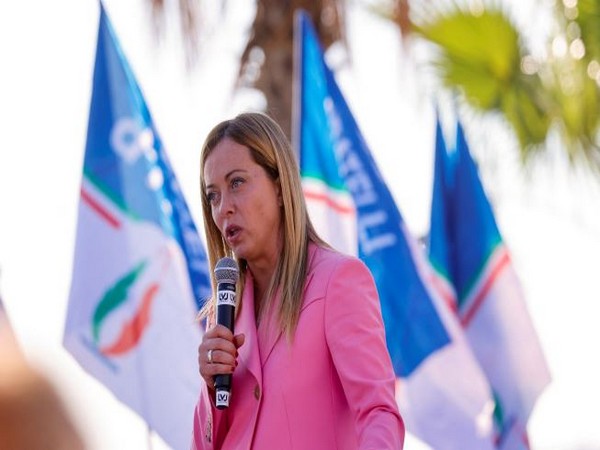Italy's Meloni says EU aid package on the way for Tunisia
A senior Tunisian official said any financial assistance from Europe would be a welcome gesture of goodwill "and could encourage Tunis to do more on the migration issue". Tunisia's government negotiated a preliminary agreement with the IMF in October for a $1.9 billion loan to support reforms that included cuts to subsidies and the public sector wage bill, and restructuring of state-owned companies.

- Country:
- Italy
The leaders of Italy, the Netherlands and of the European Commission should announce an EU aid package when they visit Tunisia on Sunday, Italian Prime Minister Giorgia Meloni said on Friday.
The visit comes as donor countries push President Kais Saied to agree reforms needed to finalise an International Monetary Fund (IMF) loan that would in turn unlock extra funds in bilateral aid. Meloni met Saied earlier this week. However, Saied has shown no sign he is willing to budge and with time running out to save Tunisia's finances, donors say the government has made no new proposals for an alternative deal with the IMF.
The government is already struggling to finance some key imports, leading to shortages, and credit rating agencies have warned Tunisia may default on sovereign debt. Foreign currency reserves this week fell to 91 days from 123 days a year ago. European governments fear Tunisia's state finances could collapse, turbocharging a new wave of migration across the Mediterranean.
Meloni will travel on Sunday with her Dutch counterpart Mark Rutte and the EU commission's Ursula von der Leyen. "It seems to me that important steps forward are being taken," Meloni said. A senior Tunisian official said any financial assistance from Europe would be a welcome gesture of goodwill "and could encourage Tunis to do more on the migration issue".
Tunisia's government negotiated a preliminary agreement with the IMF in October for a $1.9 billion loan to support reforms that included cuts to subsidies and the public sector wage bill, and restructuring of state-owned companies. Saied has publicly rejected those reforms, which were proposed by his own government, as risking social unrest and called them tantamount to "lighting a match next to high explosives".
He has instead suggested raising taxes on richer Tunisians, but any new agreement based on that principle would have to be negotiated with the IMF, a process that could take months. The senior official said Saied's stance "was not likely to change much", particularly his opposition to cutting subsidies.
Donors have made clear they are not willing to offer Tunisia long-term budget support without an IMF deal that would reassure them Tunisia could eventually repay its debts. However, they have given Tunisia smaller amounts to help it buy food and fuel.
(This story has not been edited by Devdiscourse staff and is auto-generated from a syndicated feed.)










